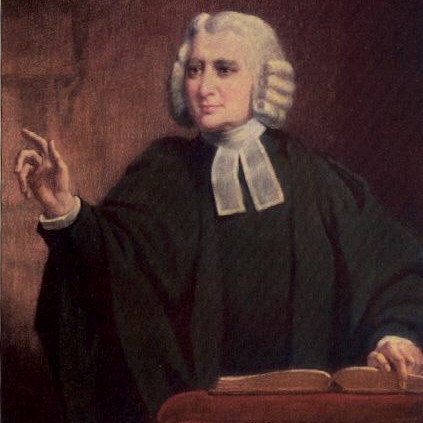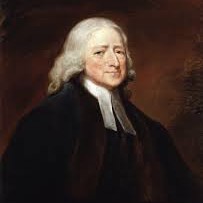The features of Methodism include: –
- All can be saved
Methodists have always been clear that no-one is beyond the reach of God’s love. Salvation is there for everyone who turns to God, and not just for a chosen few. Jesus preached the Gospel – the good news of the Kingdom of God. Through Jesus’ death on the cross, and his resurrection, we believe that God has broken the power of all that is evil, in the world and in ourselves. If we accept forgiveness and liberation, and are willing to be open to the Holy Spirit, God can enable us to resist evil and to live life to the full.
- The assurance of God’s Love
If we have mixed feelings about faith, or are unsure whether we are feeling the right things, or are unable to get away from feelings of guilt, it helps to know that we are not alone. Our faith rests not on our own feelings, but on the promises of a faithful God.
- Living a holy life
The longing for holiness is not about wanting to be ‘holier than thou‘. It is about wanting the love of God to permeate all of our life, and for that love to be shown through our lives to other people. However, we do not become holy all on our own, Methodists believe in what John Wesley called ‘social holiness‘. It is vital to meet and to worship with other Christians in order to grow in the Christian life and to understand what is God’s will for us and for our community. The Methodist movement began in the eighteenth century when John and Charles Wesley got together with like-minded friends in Oxford to meet regularly for prayer, Bible study and Holy Communion, and to visit prisons and workhouses.
- A grassroots movement
It is a strong feature of Methodism that ordinary lay people play a major part in the running of the Church. Local lay people called ‘stewards‘ take responsibility for the fabric of church buildings and manses and for the handling of money. They share with ordained ministers the role of setting direction for the churches in a particular area or ‘circuit‘. Worship each week is not always led by an ordained minister, but often by a local preacher – a lay person who has been trained and authorised to lead worship and preach.
- A covenant with God
Methodists hold an annual Covenant Service, at which we celebrate all that God has done for us, and affirm that we give our lives and choices to God. The traditional Covenant prayer makes it very clear that this affirmation is a serious one that embraces the whole of our life, in all parts. This prayer is like a love poem, it is about surrendering to God in love and joy.
- Born in song
Methodists are well known enthusiastic singers, in choirs and congregations. Singing is still an important means of learning about, sharing and celebrating our faith. John and Charles Wesley realised the power of singing in order to strengthen their faith. Charles wrote in all about 6,000 hymns, and many of them are still sung today, not only by Methodists, but also by Christians across the world.
- Reading the Bible
Christians need to be familiar with the Bible and to immerse themselves in it. The Books of the Old and New Testaments contain a wide variety of literature, including history, law, poetry, gospels, letters, polemic, stories and apocalyptic visions. The texts were written and gathered together over a long period of time, and it is important to find out as much as we can about the original contexts in which texts were produced. Christians not only read the Bible as part of a faith community but also to put ourselves into the story of God’s dealings with humanity. The Bible can be puzzling but it is continually a source of inspiration and direction in our lives.
- Being part of a larger community
Methodists belong to local churches or ecumenical partnerships, but also feel part of a larger connected community, ‘the Connexion“. At the heart of the Methodist Church is an understanding of the Christian community as the ‘body of Christ’. The promise of mutual support is a strength of Methodism. If you become a member of the Methodist Church, a pastoral visitor is responsible for visiting you and offering spiritual support, encouragement and challenge.
Further information on the features of Methodism can be found on the website of The Methodist Church from where these extracts were taken.


